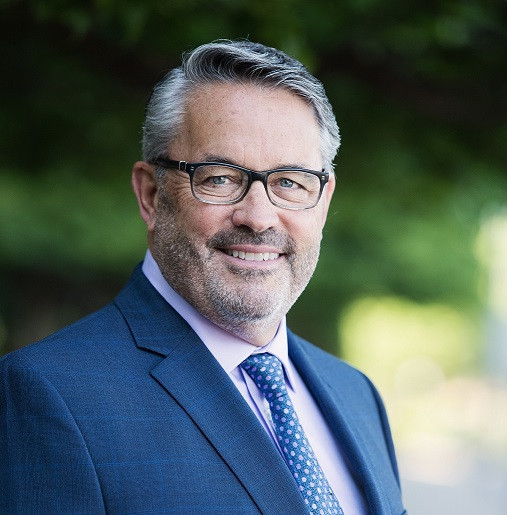WAYZATA, Minn., May 25, 2023 (Newswire.com) - Wings for Widows and HearMe have entered into a partnership to provide peer-to-peer listening to the widowed community. This marks the first occasion where the HearMe app will be used for underserved men and women who have lost a life partner, almost 7% of the U.S. population.
This service has the potential of pulling widowed persons out of isolation wherever they live and providing them with the answers and reassurances they desperately need.
The HearMe app gives widowed persons the ability to text with a vetted peer listener who has shared experience in real-time 24/7, protecting their anonymity and providing a safe and comfortable space to be heard and supported. Wings for Widows will offer three distinct topics: WidowTalk for widow support, WidowerTalk for widower support, and FinancialTalk for all widowed persons to get help with pressing financial issues.
Chris Bentley, founder and CEO of Wings for Widows, said, "We are excited to partner with HearMe to offer on-demand peer support for our community. The HearMe app provides a flexible and accessible option for those who may be struggling with life after loss, financial trauma, or just need an ear to listen."
"We are currently recruiting "peer listeners," continues Bentley. "We will launch Wings for Widows-branded peer-listening support on June 23rd in honor of International Widows' Day."
Adam Lippin, HearMe Founder, said, "I am thrilled that HearMe is partnering with Wings for Widows to provide much-needed emotional support through this difficult transition that widows and widowers must navigate. All of us need a safe space to be seen, heard, and validated with empathy and warmth through challenging times. This partnership offers that space for those who have gone through unimaginable loss to walk with a Listener who truly knows and understands what they are going through."
About Wings For Widows:
Based in Minnesota, Wings for Widows is a 501(c)3 public charity providing financial coaching and education to widowed persons to help them achieve financial wellness after the loss of a spouse. It is the first and only organization of its kind in the United States and does not charge for its services. Wings for Widows holds the Guidestar Platinum Seal of Transparency and meets the standards of the Charities Review Council. The organization's web address is wingsforwidows.org.
About HearMe:
HearMe is an on-demand peer support app built on empathy, safety and inclusion. The platform allows members to text one-on-one with trained peers in real-time 24/7 to get things off their chest and be seen, heard, validated, and supported. The organization's web address is hearme.app.
Contact Information:Christopher Bentley
CEO
chris.bentley@wingsforwidows.org
(612) 466-2716
Related Files
W4W Release.HearMe app.docx
Original Source: Wings for Widows Partners With HearMe App to Bring Peer-Listening to the Widowed Community





